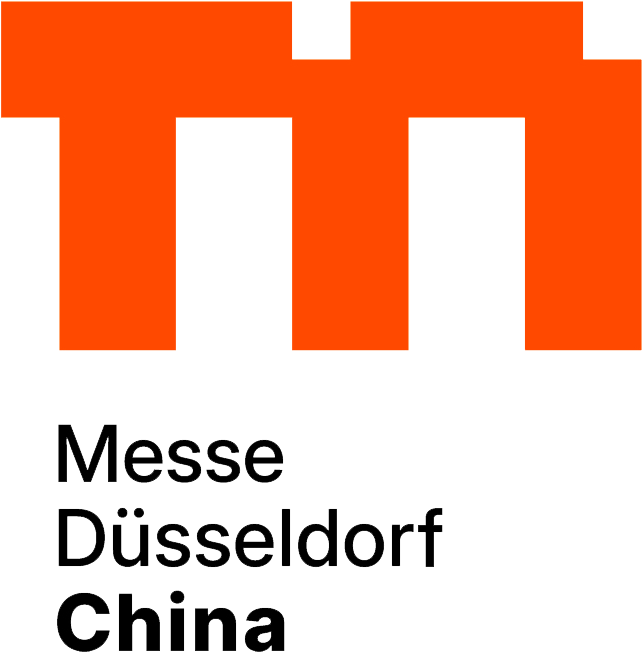First EUROPEAN union Pavilion at MEDICAL FAIR THAILAND 2017
08.20.2017MEDICAL FAIR THAILAND 2017 continues to be the choice platform for medical device manufacturers new to the Southeast Asian market. For the first time, the 3-day exhibition will feature a European union (EU) Business Avenues Pavilion under the auspices of the EU Business Avenues programme funded by the European Commission.
The EU Business Avenues in Southeast Asia is a business support programme that facilitates business meetings, technology transfers and increased cooperation between European companies and enterprises in ASEAN.
A total of 49 participating European companies who have been engaging in international trade for at least five years will showcase the latest products and solutions. Some of these companies will also be conducting technical presentations to showcase their latest innovations and provide visitors with invaluable experience of learning about their cutting-edge products and equipment.
The EU Business Avenues Pavilion also marks a new milestone for MEDICAL FAIR THAILAND as it will see the debut participation of companies coming from Bulgaria, Finland, Slovakia, Slovenia and Sweden. With a diverse and strong showing of companies, trade visitors can expect to see a myriad of the latest products, services and equipment in fields such as cryotherapy, telemedicine, remote health monitoring and many more.
IN CONVERSATION WITH H.E. JESUS MIGUEL SANZ

| ||
|
Thailand’s health care expenditure increased from 5.1% in 2010 to 6.2% in 2015. Thailand, thus, obviously presents itself as a potential market for European companies who wish to expand their business to Southeast Asia. As a well-established event for the healthcare industry, MEDICAL FAIR THAILAND is one of the best opportunities available for European companies and the local Thai healthcare community to meet each other. It will also allow the European companies to understand the market conditions and regulatory environment there, and eventually gain a foothold in Thailand and Southeast Asia.
Q: How does the event support Thai government policy? As an upper middle-income country, Thailand is squeezed between low wage manufacturing competitors and innovative industrialised global players such as EU, Japan, Korea and the US. Some of Thailand's neighbours are also moving towards more research-based economies. Without a substantial investment in human skills, education, innovation and research and development, Thailand risks falling into a middle income trap. The Thai government has realised this in its Thailand 4.0 strategy and is now investing heavily in various innovation clusters to move local manufacturing and service industries up in the value chain. The development of a medical hub is one of these clusters strongly promoted by the Thai government. Consequently, the EUBA Healthcare and Medical technologies mission could not take place at a more optimal time. Q: What does the European union Pavilion hope to achieve through this participation? The European union is a global leader in the global Healthcare and Medical Technology market as it accounts for 31% of the global market. The EU medical technology industry, accounting for more than 500,000 different technologies, is helping to make the healthcare systems more efficient, cost-effective and sustainable. We wish to introduce such technologies to Southeast Asia and to seek potential business collaborations. The pavilion will be a wonderful platform for our SMEs to introduce their products to the Southeast Asian market, as well as to seek potential business collaborations and exchange know-how. SNEAK PREVIEW OF EU COMPANIES AT MEDICAL FAIR THAILAND 2017
See More Product Highlights
|
Visit the Official Website
Ms. Coco Ying
Tel: +86-21 6169 8364
Email: shanghai@mds.cn
Address: Units 2902/03/04A, Sinar Mas Plaza, 501 Dongdaming Road, Hongkou District, Shanghai 200080, P.R. China









